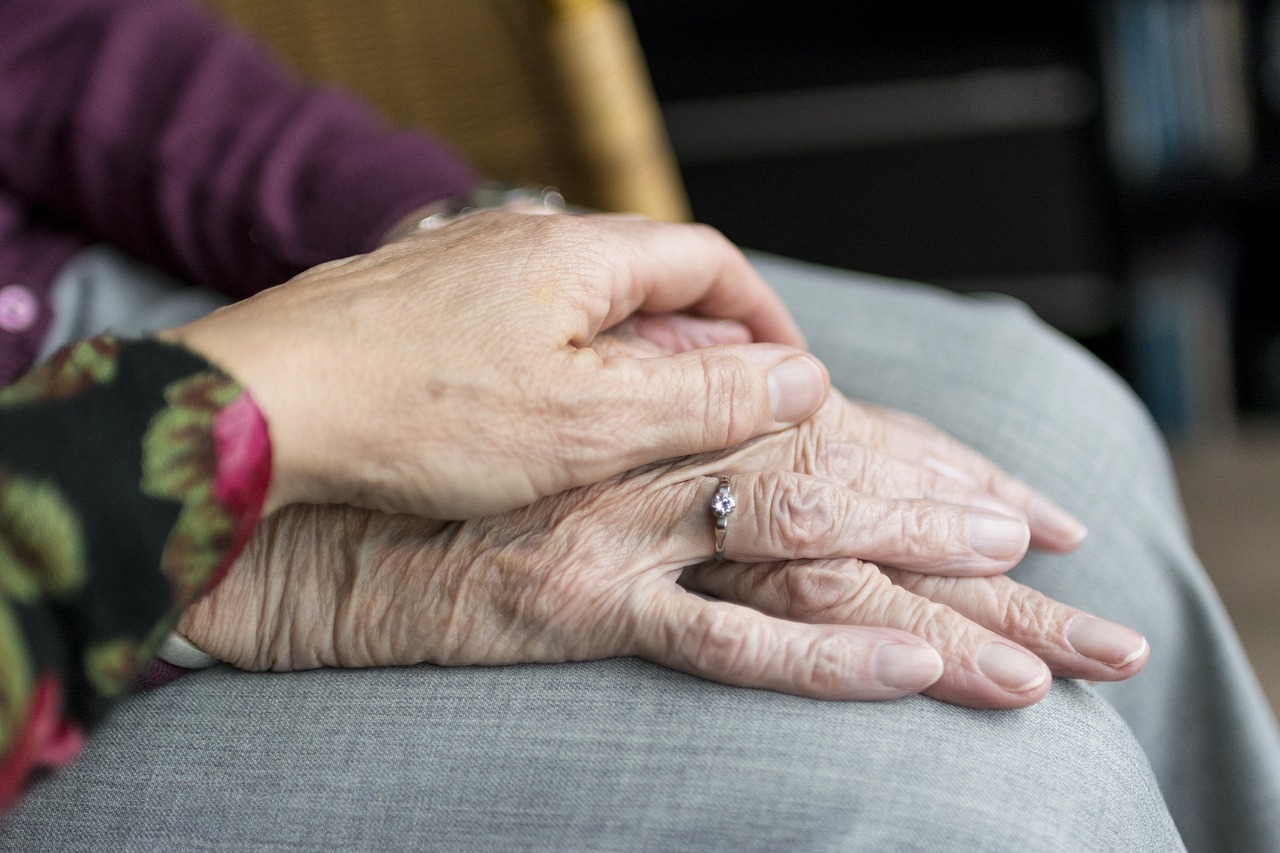Mental Health OT

Unlocking Mental Wellness: The Power of Occupational Therapy
Mental health is a crucial aspect of overall well-being, yet it often remains overshadowed by physical health concerns. One effective but sometimes overlooked intervention is mental health Occupational Therapy (OT). This specialized field combines the principles of traditional Occupational Therapy with mental health treatment strategies to help individuals achieve holistic wellness. This article aims to provide healthcare professionals with an in-depth understanding of mental health OT, including its roles, benefits, techniques, and future challenges.
Introduction to Mental Health Occupational Therapy (OT)
Mental health Occupational Therapy focuses on helping individuals improve their mental health and quality of life through the therapeutic use of everyday activities. Mental health OT specifically targets emotional, cognitive, and social challenges. This form of therapy aims to empower individuals by enabling them to perform daily tasks more effectively and improving their overall satisfaction with life.
The Role of Mental Health OT in Healthcare
Mental health Occupational Therapy plays a pivotal role in healthcare by addressing the psychological and emotional aspects of a patient’s health. Here are some key roles of mental health OT:
- Assessment and Evaluation: Assesses a patient’s mental state, emotional well-being, and daily functioning to develop a tailored treatment plan.
- Intervention Planning: Focus on improving daily living skills, enhancing social interactions, and developing coping strategies.
- Holistic Approach: Integrates physical, emotional, and social well-being into the treatment process.
- Patient Education: Educating patients and their families about mental health conditions and the importance of Occupational Therapy in managing these conditions is another critical aspect.
Benefits of Mental Health OT for Older Adults
The older adult population often faces unique mental health challenges, including depression, anxiety, and cognitive decline. Mental health Occupational Therapy offers several benefits for older adults:
- Enhanced Cognitive Function: Through activities designed to stimulate the mind, mental health OT helps improve memory, attention, and problem-solving skills.
- Improved Emotional Well-being: Activities that foster a sense of accomplishment and purpose can significantly improve emotional health.
- Increased Social Interaction: Mental health OT encourages participation in social activities, thereby reducing feelings of isolation and loneliness.
- Better Daily Living Skills: The therapy focuses on enhancing the ability to perform daily tasks, thereby improving the quality of life.

Techniques and Approaches Used in Mental Health OT
Mental health Occupational Therapists employ a variety of techniques to help their clients. Here are some commonly used approaches:
- Activity-Based Interventions: These include hobbies and leisure activities that promote engagement and mental stimulation.
- Cognitive Behavioral Therapy (CBT): Some OTs are trained in CBT techniques to help patients reframe negative thoughts and develop healthier thought patterns.
- Mindfulness and Relaxation Techniques: Activities like deep breathing, meditation, and guided imagery are used to reduce stress and improve mental well-being.
- Social Skills Training: This involves role-playing and other exercises to improve social interactions and communication skills.
Challenges and Future of Mental Health OT
While mental health occupational therapy has proven benefits, it also faces several challenges:
- Stigma: Mental health issues still carry a stigma, making individuals hesitant to seek help.
- Resource Limitations: Limited availability of trained mental health Occupational Therapists can restrict access to services.
- Funding: Inadequate funding for mental health services can affect the quality and reach of mental health OT programs.
Despite these challenges, the future of mental health OT looks promising. Advances in technology, growing awareness about mental health, and increased research are likely to drive the field forward.
Conclusion: The Impact of Mental Health OT on Older Adults
The impact of mental health Occupational Therapy on the older adult is profound. It not only enhances their cognitive and emotional well-being but also improves their overall quality of life. As mental health issues continue to rise, the demand for skilled mental health Occupational Therapists will likely increase, making it a vital component of holistic healthcare.

How to Become an Occupational Therapist Focused on Mental Health
If you’re inspired to make a difference and want to become an Occupational Therapist specializing in mental health, here are some steps you can follow:
- Education: Obtain a Master’s or Doctoral degree in Occupational Therapy or a related field.
- Master’s Program: Enroll in a master’s program that offers specialized courses in mental health Occupational Therapy.
- Licensure: Pass the required licensure exams to become a certified Occupational Therapist.
- Specialized Training: Pursue additional training or specialty certifications in mental health to enhance your expertise.
- Experience: Gain experience through internships or volunteer opportunities focused on mental health.
In summary, mental health Occupational Therapy is an essential tool that offers numerous benefits. Its holistic approach addresses not just the physical but also the emotional and social aspects of well-being. If you’re a healthcare professional, understanding and leveraging the power of mental health OT can lead to a more fulfilling and healthier life.
